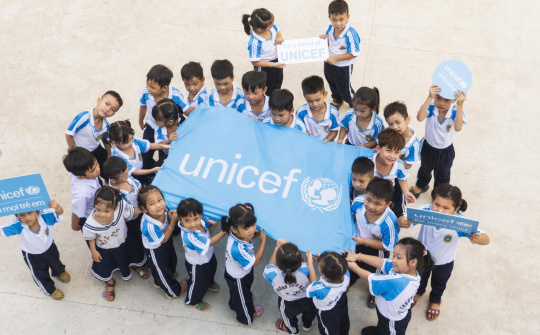This year, the Hung Kings’ death anniversary and the Phu Tho Provincial Culture and Tourism Week are organised in line with the 20th anniversary of the UNESCO Convention for the Safeguarding of the Intangible Cultural Heritage (2003 Convention), and the festival honouring Vietnam’s UNESCO-recognised cultural intangible heritages.
From April 21 to 29, the Hung Kings Temple special national historical site and Viet Tri City were bustling with an array of events honouring Hung Kings worship ritual. The prominent events include ceremonies to commemorate the legendary ancestors of Vietnam - Father Lac Long Quan and Mother Au Co, and incense offering events at Hung Kings Temple.
Numerous activities have also been held to honouring Vietnam’s 15 typical intangible cultural heritages that have been acknowledged by UNESCO. Accordingly, art troupes from provinces and cities have brought their most unique cultural performances.
Each intangible cultural heritage was introduced on the occasion a spiritual product with rich historical, cultural and scientific value, expressing the identity of the local community, and it has been recreated and handed down through generations.
These days, the provincial authorities of Phu Tho have taken measures to ensure social security and order, traffic safety, fire and explosion prevention and control while preventing COVID-19 pandemic.
The Hung Kings' death anniversary is an occasion for Vietnamese people at home and abroad express their gratitude to national ancestors, honour the national cultural values, and strengthen the great national solidarity unity bloc.
Beyond its historical and spiritual values, the Hung Kings’ death anniversary represents national patriotism, the spirit of national unity, and ethic and cultural values imbued with national identity.
Hung King is the title given to the ancient Vietnamese rulers of the Hong Bang period (2879–258 BC). They were the Kings of Van Lang.
The worship of the Hung Kings, closely related to the ancestral worship traditions of most Vietnamese families, was recognised as part of the Intangible Cultural Heritage of Humanity by UNESCO in 2012.






